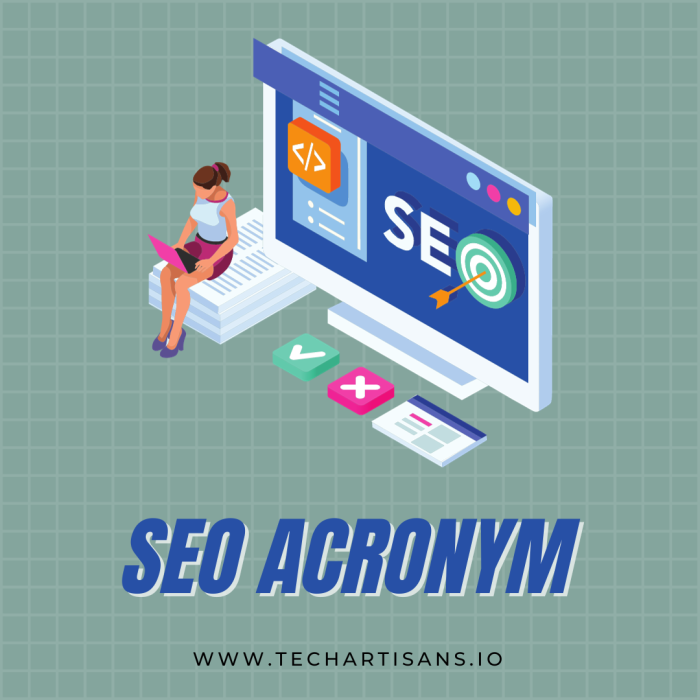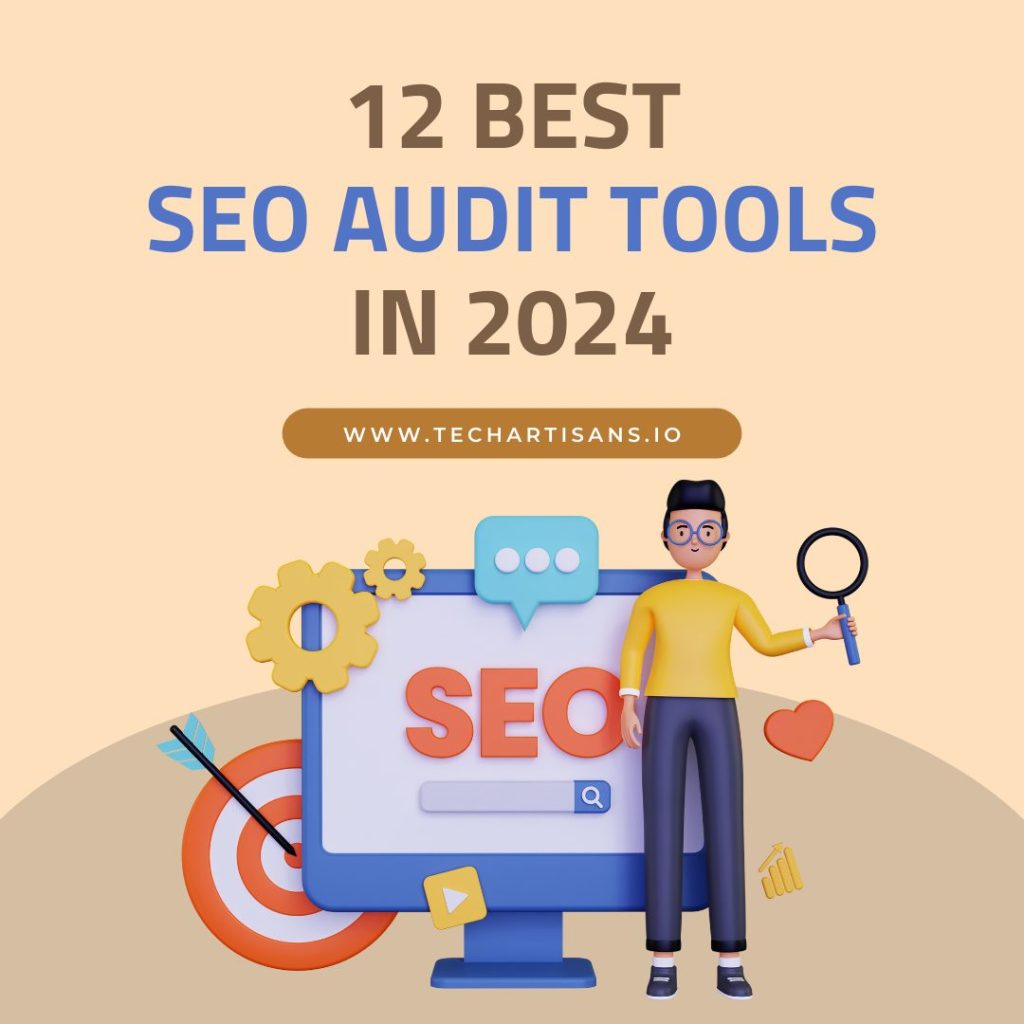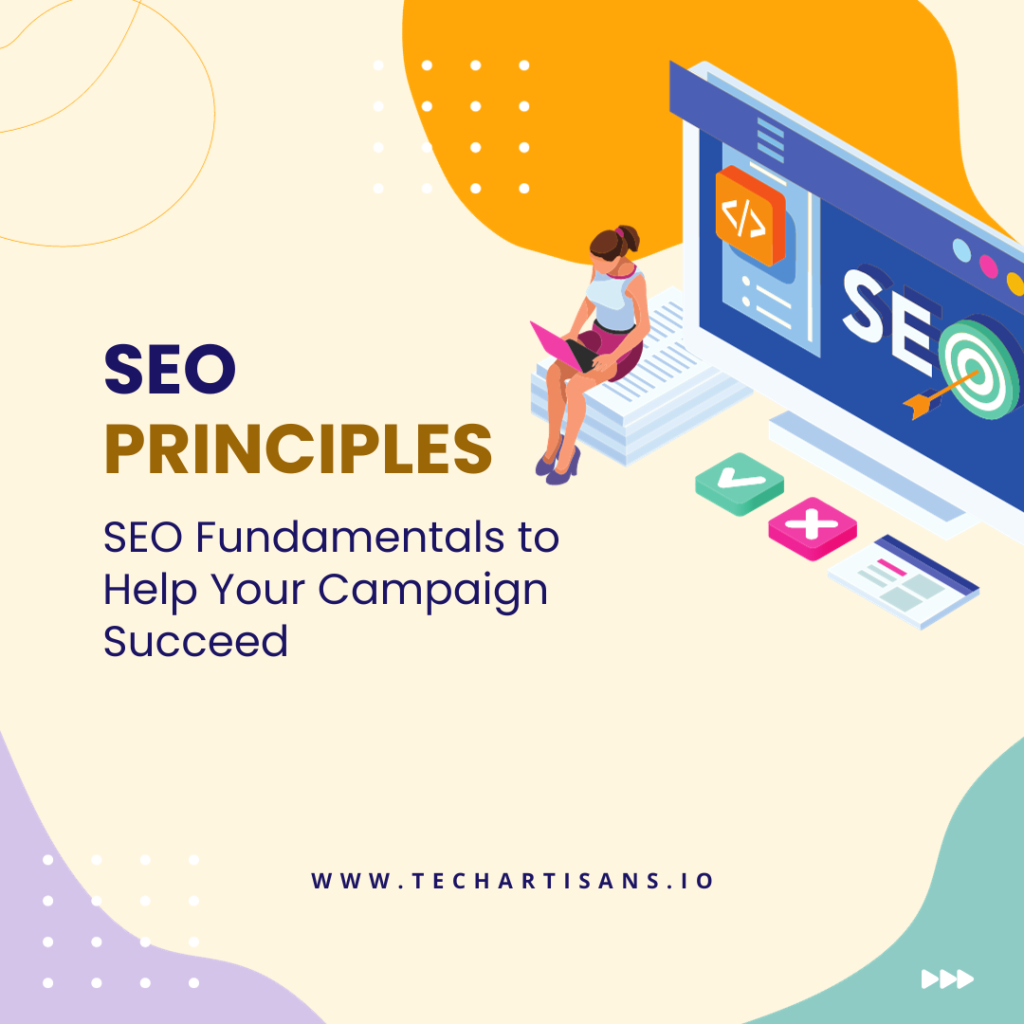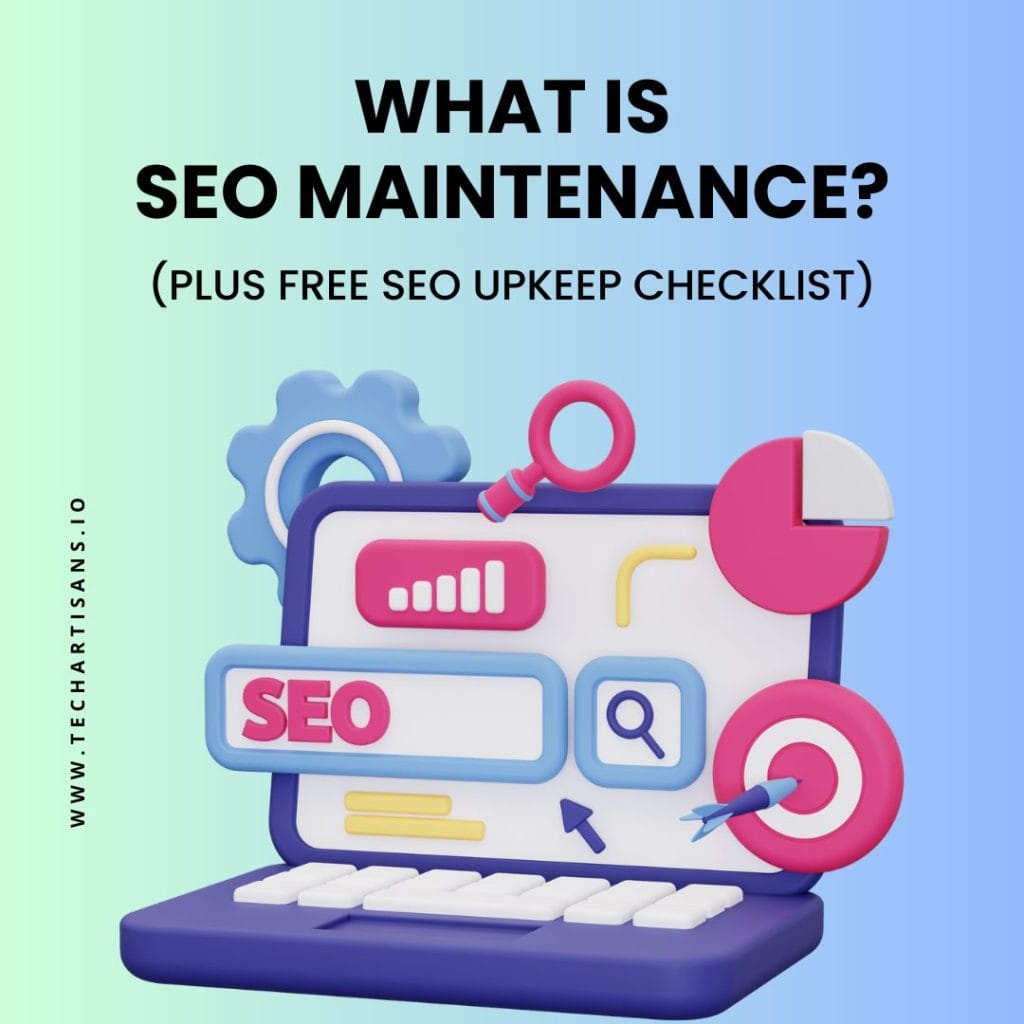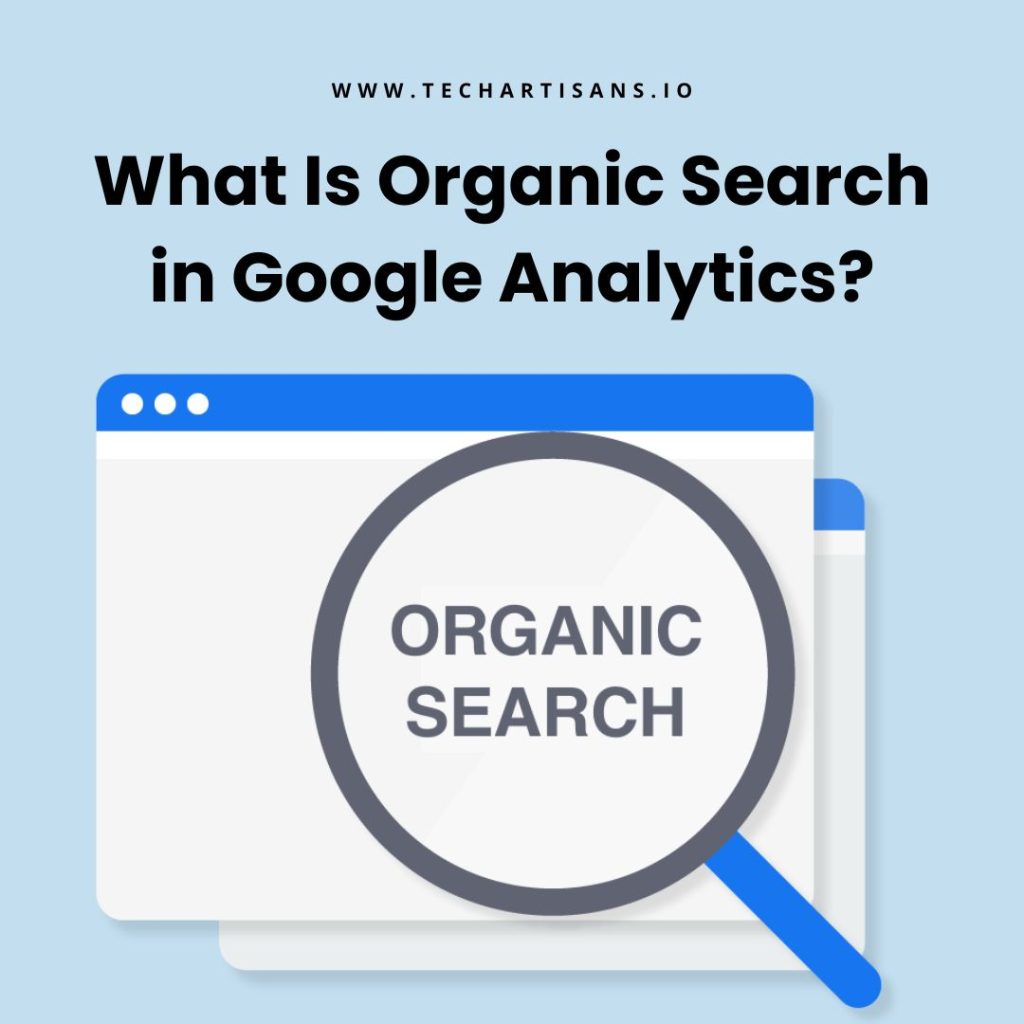In the world of digital business, the acronym SEO holds immense importance. But what exactly is SEO, and why is it crucial for your business? This blog post explores the meaning of the SEO acronym and its profound influence on business growth, especially for small and medium-sized enterprises. Let’s unravel the secrets and harness the immense power of SEO!
What Does the SEO Acronym Stand For?
In today’s digital age, the term SEO, short for Search Engine Optimization, has become quite the buzzword. Understanding SEO in depth is crucial for any digital strategy. For more insights on how SEO impacts businesses, you can read about the SEO acronym and how it impacts business. It represents a strategic process that has the power to propel your business forward in the online space. Now, let’s explore this concept further and truly understand its significance.
Definition of SEO
SEO, or Search Engine Optimization, is a digital marketing strategy that aims to improve a website’s visibility in search engine results. It involves SEO optimizing website content, design, and structure for relevant keywords. To understand how to effectively utilize SEO, consider exploring SEO principles and fundamentals creating a more accessible and user-friendly website, and building high-quality backlinks.
Importance of Search Engines
Search engines, like Google and Bing, are the go-to platforms for individuals seeking information, products, or services online. Search engines are gateways to digital visibility. To further understand their role, check out what is position zero (P0) and what it means and customer acquisition. Understanding and leveraging their algorithms through SEO can significantly enhance your business’s online presence, driving more organic traffic to your website.
Science Behind SEO
At its core, SEO is a science revolving around understanding search engine algorithms and user behavior. For more on crafting effective SEO strategies, read about user experience and SEO and the technical aspects of your website. It’s about crafting and implementing strategies that align your website’s content and structure with what search engines and users deem valuable, thereby improving your ranking in search engine result pages (SERPs).
How Search Engines Work
Search engines like Google operate by crawling billions of pages using their web spiders. These web spiders collect information about the page including the content, meta tags, and links. This data is then organized and interpreted by the search engine’s algorithm to measure its importance and relevance, which ultimately determines the ranking of pages in the Search Engine Results Pages (SERPs).
Read Mastering SEO: A Step-by-Step Guide and Plan
Role of Crawlers and Algorithms
Web crawlers, also known as spiders, are essential tools used by search engines. To delve deeper into this topic, explore the types of web design for a website, which can impact crawler efficiency to discover and index new and updated content. They traverse the web, going from link to link, collecting data about web pages. This information is processed and interpreted by sophisticated search algorithms, which determine how relevant a web page is to a particular search query, thereby influencing its ranking on the SERPs.
Importance of Ranking On the First Page
Ranking on the first page of search engine results is crucial for businesses. Discover how to achieve this by reading about SEO testing guides and tools. It not only increases your website’s visibility but also enhances credibility among users. Most importantly, it drives significant organic traffic to your site, leading to increased customer acquisition and business growth.
Why SEO Matters for Your Business
In today’s digital economy, SEO is a non-negotiable component of business success. It is instrumental in bolstering your online presence, enhancing brand credibility, and driving organic traffic to your website. Most importantly, effective SEO strategies can significantly boost customer acquisition, resulting in exponential business growth.
Driving Organic Traffic
Driving Organic traffic is a key benefit of SEO. To learn how to attract more visitors, check out organic search in Google Analytics visitors who land on your website as a result of unpaid search results are one of the most potent benefits of SEO. By optimizing your site for search engines, you’re essentially laying a path for potential customers to find your business, boosting the chances of conversions and sales.
Building Trust and Credibility
Search engine optimization (SEO) plays a crucial role in cultivating trust and credibility among your audience. By securing high rankings on search engine result pages, your business can establish a robust digital presence, demonstrating its relevance and authenticity to potential customers. This sense of trustworthiness can profoundly impact customer decisions, ultimately resulting in higher conversions and business expansion.
Cost-Effective Marketing Strategy
SEO is a highly cost-effective marketing strategy, especially for small to medium-sized businesses. With a well-planned SEO strategy, businesses can achieve high visibility and attract organic traffic without the recurring expenses associated with traditional advertising methods. It’s an investment into your business’s long-term online presence and growth.
Local SEO and Its Significance for Small Businesses
Local SEO holds significant importance for small businesses, aiming to target customers in their vicinity. It optimizes your digital presence for a specific locality, helping your business appear in location-specific searches and attracting nearby customers. It’s a crucial strategy for small businesses seeking to establish a strong local footprint.
Types of SEO
There are two types of SEO, each with its own unique approach and impact on your website’s visibility. Let’s explore these different types and understand how they work together to boost your online presence.
On-Page SEO
On-page SEO refers to the optimization of individual web pages, both in terms of content and source code, to rank higher in search engines and earn more relevant traffic. It includes strategies like keyword optimization, meta tags, URL structure, and improving the overall readability and quality of your content.
Off-Page SEO
Off-page SEO refers to actions taken outside of your own website to impact your rankings within search engine results pages (SERPs). These strategies can include building high-quality backlinks from authoritative sites, social media marketing, and influencer outreach, which all help to enhance your site’s reputation and visibility.
Balance Between Catering to Crawlers and Human Readers
Achieving a balance between catering to web crawlers for SEO and writing engaging content for human readers is crucial. Optimize your content with the ‘acronym SEO’ in mind, but ensure it is also valuable and readable for your audience. Ultimately, your primary goal should be to provide meaningful, well-structured content that serves your audience’s needs while also adhering to SEO best practices.
Key SEO Tactics to Implement
To harness the potential of SEO and its impact on your business, it’s critical to understand and effectively implement key SEO tactics. Here are a few essential strategies that can help boost your website’s visibility and drive business growth.
Organizing Site Architecture
Organizing site architecture involves structuring your website in a way that is both user-friendly and search engine-friendly. It’s about creating a logical layout that is easy to navigate, making it straightforward for both visitors and search engine crawlers to find and understand your content. This can significantly enhance your website’s ‘acronym SEO’, thereby improving its visibility and search ranking.
Quality Backlinking Strategies
Quality backlinking is a crucial SEO strategy that involves obtaining links from credible, high-authority websites that direct back to your site. These backlinks not only enhance your domain authority but also signal to search engines that your content is valuable and trustworthy, thereby positively impacting your ‘acronym SEO’ and boosting your search rankings.
Content Marketing Essentials
Quality content creation and marketing are fundamental to successful SEO. To enhance your content strategy, read about free content writing tools for writing, editing, and content creation. This involves producing original, valuable, and relevant material that attracts and engages your audience. A robust content marketing strategy can significantly improve your ‘acronym SEO’, propelling your website’s visibility and bolstering your brand’s digital presence.
Site Loading Speed Optimization
Site loading speed optimization is a crucial aspect of the ‘acronym SEO’. This involves enhancing your website’s performance to ensure it loads swiftly. Faster loading speeds improve user experience, reduce bounce rates, and signal to search engines that your site is user-friendly, positively affecting your search rankings.
Mobile Optimization and Responsive Design
Mobile optimization is essential for SEO. For more information, consider reading about why responsive web design is important and responsive design is fundamental for the ‘acronym SEO’. Ensuring your website displays well and functions smoothly on all devices, particularly mobiles, enhances user experience and is highly favored by search engines, thus boosting your search rankings.
Importance of Meta Data
Metadata, an essential facet of the ‘acronym SEO’, greatly influences how your website is perceived by search engines. It provides concise information about your webpage content, helping search engines understand and index your site effectively, thereby improving your visibility and search rankings.
Mastering Keyword Research
Mastering keyword research is a fundamental aspect of the ‘acronym SEO’. It involves identifying and analyzing the search terms that people enter into search engines and utilizing them effectively in your content. By understanding the keywords relevant to your business, you can optimize your content to match your target audience’s search intent, thereby enhancing your website’s visibility and ranking.
Ongoing Journey of SEO
SEO is not a one-time task, but an ongoing journey requiring continuous effort and monitoring. It’s about keeping up with changing algorithms, trends, and user behaviors to ensure your business remains relevant and visible in the increasingly competitive digital landscape.
Adapting to Technological Changes
Adapting to technological changes is an integral part of the ‘acronym SEO’. With advancements in technology and evolving search engine algorithms, businesses must stay updated and continuously refine their SEO strategies, ensuring their digital presence remains effective, visible, and relevant to their target audience.
Staying Updated with Search Engine Algorithms
Staying updated with search engine algorithms is a fundamental component of the ‘acronym SEO’. These algorithms constantly evolve, dictating how a search engine indexes and ranks your website. To maintain effective SEO, it’s imperative to understand and adapt to these changes, ensuring your website continues to meet the criteria for high rankings.
Continuous Effort Required for SEO Success
Achieving SEO success demands unwavering dedication and attentiveness. It is not a one-time pursuit, but rather a long-term commitment that entails ongoing optimization, meticulous testing, thorough analysis, and continuous refinement of strategies. Rooted in the acronym SEO, the path to triumphant SEO is undeniably intricate, yet it can yield substantial advantages for your business’s digital presence.
SEO in Your Marketing Strategy
Incorporating SEO, or ‘acronym SEO’, into your marketing strategy is a fundamental step in enhancing your business’s online visibility and reach. It empowers your brand to connect with your target audience, effectively guiding their journey from discovery to purchase. By incorporating SEO into your marketing strategy, you can improve your website’s search ranking, increase organic traffic, and drive business growth.
Integrating SEO with Other Marketing Channels
Integrating SEO with other marketing channels such as social media, email, and content marketing can amplify your reach and engagement. The collaboration not only enhances your brand’s online presence but also generates a steady stream of high-quality traffic to your website. As a result, this enhances your ‘acronym SEO’ and propels the growth of your business.
Tailoring SEO Strategies Based on Business Niche and Audience
Tailoring SEO strategies based on your business niche and audience is pivotal for ‘the acronym SEO’. Understanding your market and audience allows for the creation of tailored content and keywords that resonate with your target demographic. This personalization not only boosts your SEO effectiveness but also fosters a stronger connection with your audience.
Evaluating the Success of Your SEO Efforts
Evaluating the success of your ‘acronym SEO’ efforts is critical in determining the efficacy of your strategies. To understand how to track your progress, learn about SEO analytics guide. Key metrics to track include organic traffic, bounce rate, conversion rate, and your website’s position on the search engine results page (SERP). Regular assessment allows for necessary adjustments and continuous improvement of your overall SEO strategy.
Conclusion
In conclusion, the ‘acronym SEO’ is a powerful tool in the digital era that fosters sustainable growth for businesses. While the journey may be intricate and demanding, the long-term benefits it yields, such as increased visibility, substantial traffic, and enhanced brand credibility, are indisputable. Therefore, investing in a well-planned, robust SEO strategy is crucial for businesses to thrive and maintain a competitive edge in the ever-evolving digital landscape.

